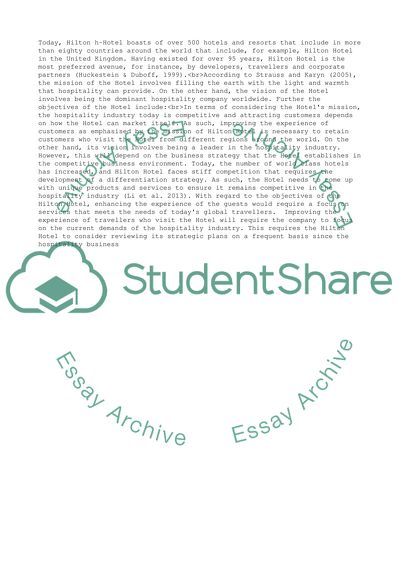Cite this document
(Business Health Check Essay Example | Topics and Well Written Essays - 3750 words, n.d.)
Business Health Check Essay Example | Topics and Well Written Essays - 3750 words. https://studentshare.org/business/1881783-business-health-check
Business Health Check Essay Example | Topics and Well Written Essays - 3750 words. https://studentshare.org/business/1881783-business-health-check
(Business Health Check Essay Example | Topics and Well Written Essays - 3750 Words)
Business Health Check Essay Example | Topics and Well Written Essays - 3750 Words. https://studentshare.org/business/1881783-business-health-check.
Business Health Check Essay Example | Topics and Well Written Essays - 3750 Words. https://studentshare.org/business/1881783-business-health-check.
“Business Health Check Essay Example | Topics and Well Written Essays - 3750 Words”. https://studentshare.org/business/1881783-business-health-check.


